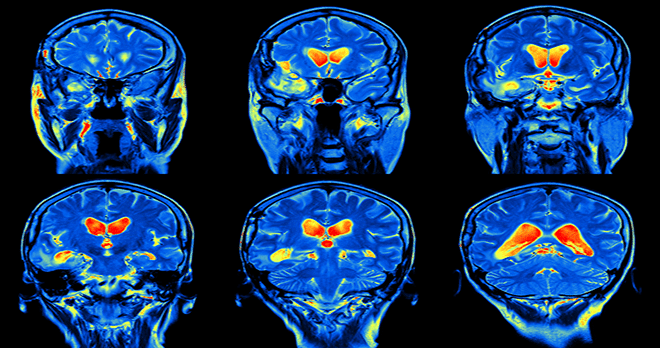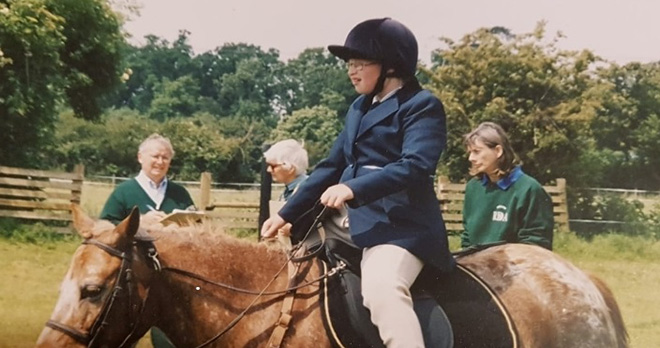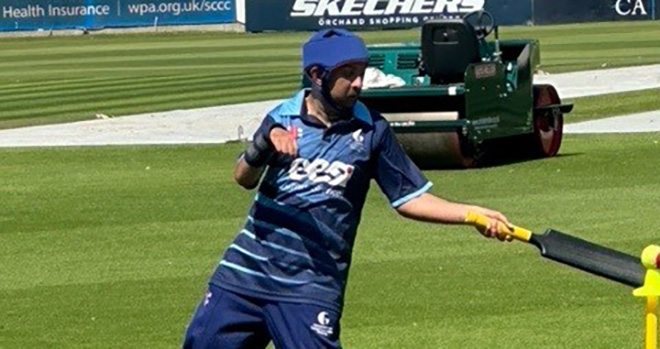Should further compensation claims be allowed for the risk of stroke in brain injured claimants for up to five years?

There are now over six million people suffering from a Traumatic Brain Injury (TBI) worldwide, a much higher figure than before due to the increase of injuries suffered through sports, road accidents and falls in the elderly. Despite the rise in cases, advances in critical care have vastly reduced TBI related deaths. This reduction in deaths is good news but brings about other problems.
Numerous studies have been undertaken over recent years to identify that there is an increased risk of many neurological diseases in sufferers of TBI, including dementia and epilepsy.
However, a new ‘first of its kind' review has now been undertaken by University Hospitals Birmingham, funded by the National Institute for Health Research’s Surgical Reconstruction and Microbiology. This has brought together 18 studies from four countries to investigate post-injury stroke risk in brain injured patients. The study shows that brain injured patients have an increased risk of stroke by 86% over those who haven’t experienced a TBI. Though the risk was found to be highest in the first four months post TBI it remains a significant risk for up to five years thereafter. This new research shows that, regardless of severity or subtype of the injury, the risk of stroke remains high.
So, for claimant solicitors the question to be asked is, shouldn’t we be including provisional damages to allow for the risk of stroke for five years post injury in all cases of TBI?
The case for provisional damages
When a court awards compensation or the parties to a claim agree a settlement, it will be on the basis of a full and final settlement of the claim. Consequently, the normal rule is that the claimant is unable to return to court to ask for a further award to be made, even where the condition has seriously deteriorated.
Where the court is satisfied that the claimant is more than 50% likely to suffer a specified deterioration in their condition, the court will award compensation on the basis that the deterioration will occur. The problem lies in cases where the deterioration, although possible, is less than probable.
‘Provisional damages’ are aimed at solving this problem, by providing an exception to the basic rule. Therefore, in certain limited circumstances, the claimant can be compensated for their injuries with the proviso that if a specified condition occurs in the future, they will be allowed to return to court so that further compensation can be awarded.
A provisional damages order is routinely made for the increased risk of dementia and epilepsy in cases of TBI, but not for the risk of stroke. Given the severe nature of the condition though, and this new research, surely this should now be included.
Claimants should be made aware of the risks of stroke following a TBI, just as they are for dementia and epilepsy, and be afforded the opportunity to include this within any court proceedings they may bring as a result of an accident caused through no fault of their own.
If you, or someone close to you, has suffered a brain injury as a result of someone else’s negligence, you may have a claim for compensation. Please contact our legal specialists to find out whether we can help you.
Call now











